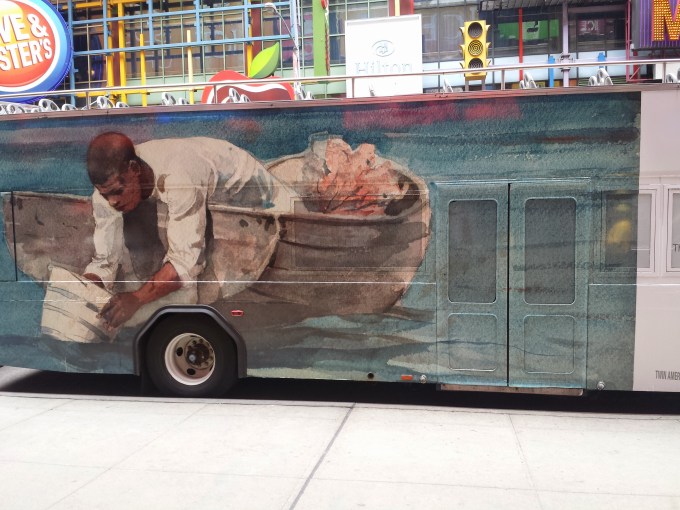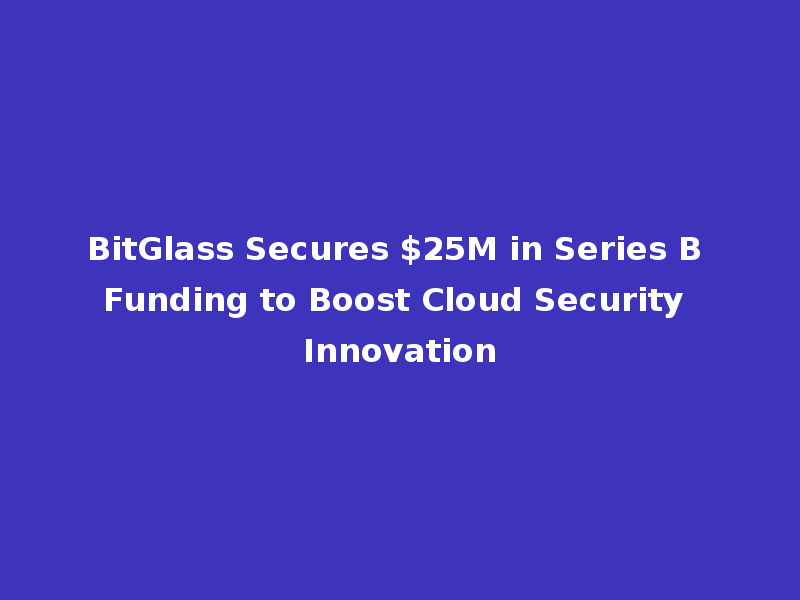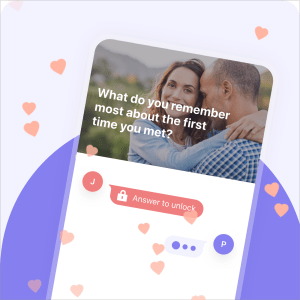How a Digital Petition Sparked Landmark Phone Unlocking Legislation
The Dawn of Digital Activism in Policy Making
In 2014, the internet achieved a historic first: directly influencing federal legislation. The “Unlocking Consumer Choice and Wireless Competition Act” became law as a direct result of online activism, marking a pivotal moment where digital advocacy bypassed traditional special interest channels in Washington.
The Copyright Controversy That Started It All
The movement traces back to a little-known 2013 ruling by the Librarian of Congress, who holds significant authority under the Digital Millennium Copyright Act (DMCA). Key developments:
- 2012: Wireless industry lobbyists successfully petitioned to revoke consumers’ right to unlock phones
- January 2013: Unlocking phones became a criminal offense with severe penalties (up to 5 years in prison and $500,000 fines)
- Immediate consequences:
- Online unlocking services disappeared
- Secondary phone market values plummeted
- Military personnel overseas faced particular hardships
The Grassroots Campaign That Changed Everything
Former congressional staffer Derek Khanna and entrepreneur Sina Khanifar launched a coordinated effort:
- White House Petition: Achieved unprecedented 100,000+ signatures
- Strategic Advocacy:
- Media outreach
- Congressional engagement
- Coalition building with organizations like Public Knowledge and R Street
- Political Breakthrough:
- White House endorsed unlocking rights
- Rep. Jason Chaffetz (R-UT) introduced legislation
The Legislative Battle Against Special Interests
The path to victory wasn’t smooth:
- Initial resistance: Lawmakers feared challenging powerful telecom lobbies
- Procedural hurdles: Last-minute amendments nearly derailed the bill
- Bipartisan solution: Senate Judiciary Chair Patrick Leahy (D-VT) restored the bill’s original intent
Lasting Impacts and Future Considerations
The campaign achieved two major victories:
- Legislative win: Legalized phone unlocking through congressional action
- Regulatory change: FCC secured carrier agreements to honor unlocking requests
Ongoing challenges:
- The Librarian of Congress must revisit the ruling periodically
- The Unlocking Technology Act of 2013 (H.R. 1892) remains pending for permanent reform
A New Era of Digital Policy Influence
This case study demonstrates:
- How focused digital activism can overcome traditional lobbying power
- The growing influence of tech-savvy policy campaigns
- The potential for future digital rights movements
As Khanna notes, this represents the natural evolution of digital activism following the SOPA/PIPA protests - proving that even in Washington’s polarized climate, well-organized internet campaigns can drive meaningful policy change.












